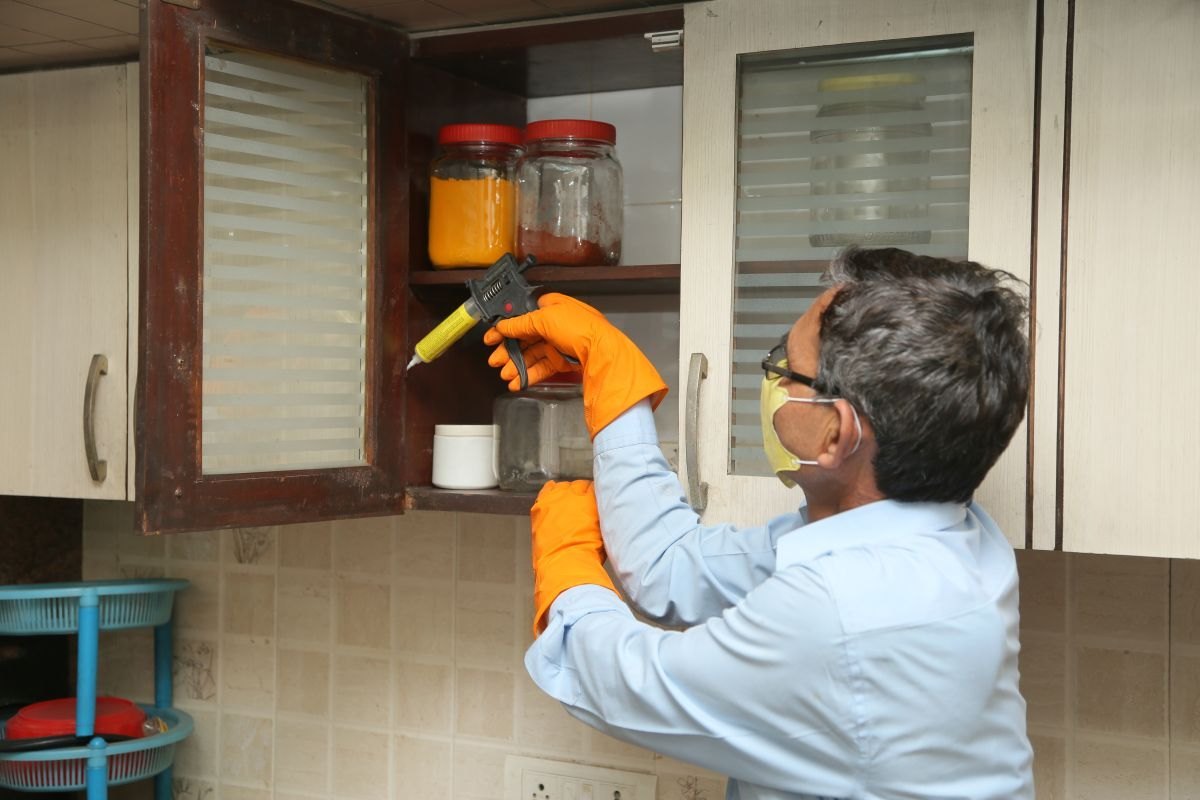Pest management is a necessary aspect of maintaining a safe and healthy living environment. However, the use of toxic chemicals in traditional pest control methods can pose serious risks to human health and the environment. With growing concerns about the harmful effects of pesticides, more and more people are turning to non-toxic solutions for pest management.
Non-toxic or organic pest control uses natural substances and practices to manage pests instead of relying on synthetic chemicals. This approach not only protects your family’s health but also has a positive impact on the environment.
One of the most common non-toxic solutions for pest control is integrated pest management (IPM). This approach involves assessing and monitoring pests in order to determine the most effective method for managing them. IPM prioritizes prevention strategies such as sealing cracks and crevices, removing food sources, and using physical barriers like screens or traps.
Another important aspect of safe pest control management is understanding how pests enter our homes in the first place. Pests are attracted to specific conditions such as warmth, moisture, or food sources. By identifying these factors, we can better prevent infestations from occurring.
Sealing gaps around doors and windows with weather stripping can help keep pests out while maintaining energy efficiency in your home. Ensuring that all food is stored properly (in sealed containers) will also reduce potential attractions for pests like ants or cockroaches.
Besides prevention methods, there are various non-toxic options available for controlling existing infestations without endangering human health or polluting our surroundings.
For example, using diatomaceous earth (DE) as an insecticide is an incredibly effective way to eliminate insects while being completely non-toxic to humans and animals alike. DE works by cutting through insects’ protective outer shells causing them to dehydrate then die within 48 hours after interaction at most stages if they encounter DE particles – providing instant results!
Essential oils have gained popularity as a natural alternative to traditional pesticides as well. Oils such as peppermint, tea tree, and clove have been found to have insecticidal properties. Diluted solutions of these oils can be sprayed onto surfaces or added to cleaning products for a safe and effective pest management solution.
Another non-toxic approach is the use of beneficial insects or organisms. These “good bugs” can be introduced into your garden or home to prey on pests, keeping them under control without the need for chemicals.
It is important to note that even though these solutions are considered non-toxic, they should still be used with caution and in accordance with instructions. Some essential oils can cause skin irritation if not properly diluted, and beneficial insects may not differentiate between pests and other beneficial insects in your garden.
In conclusion, opting for non-toxic pest management methods is not only better for our health but also has a positive impact on the environment by reducing our exposure to harmful chemicals. With proper prevention techniques and safer alternatives like IPM, diatomaceous earth, essential oils, and beneficial insects – we can effectively manage pests while living in harmony with nature. Stay proactive and make informed decisions about pest management methods that will maintain a healthy home free from toxins!













